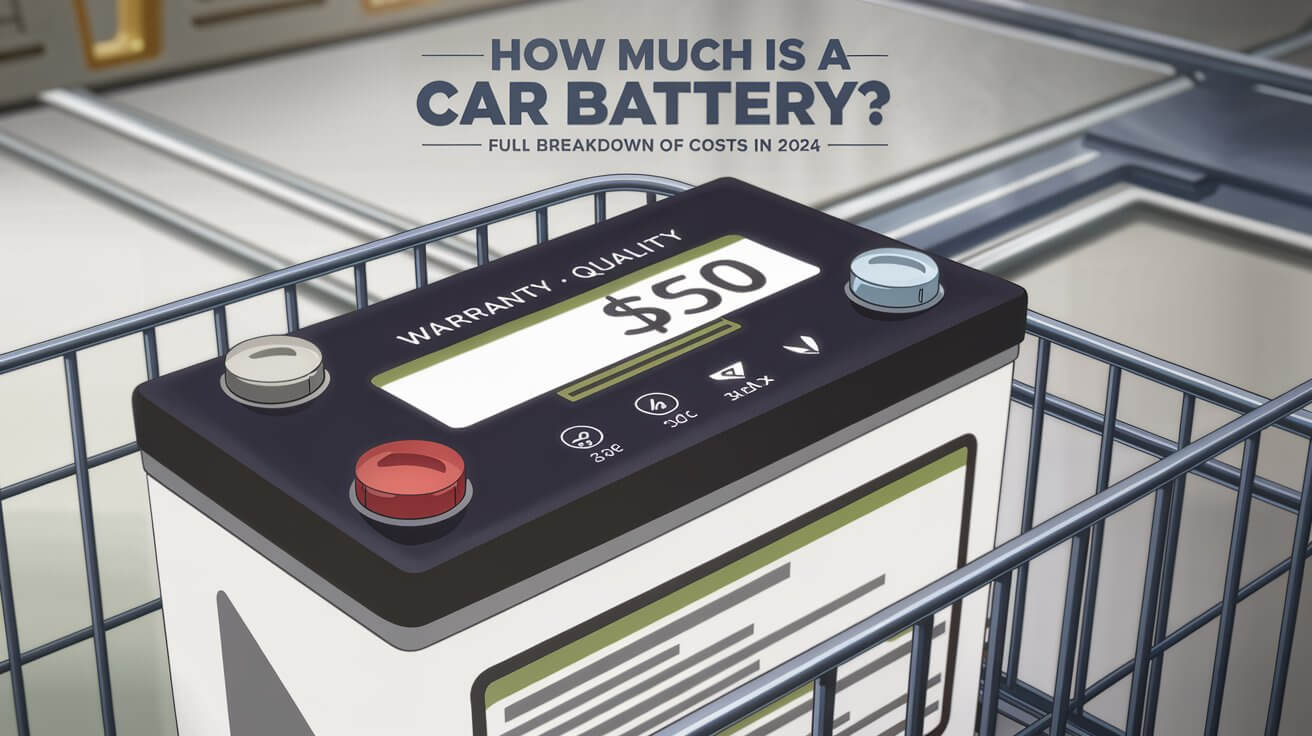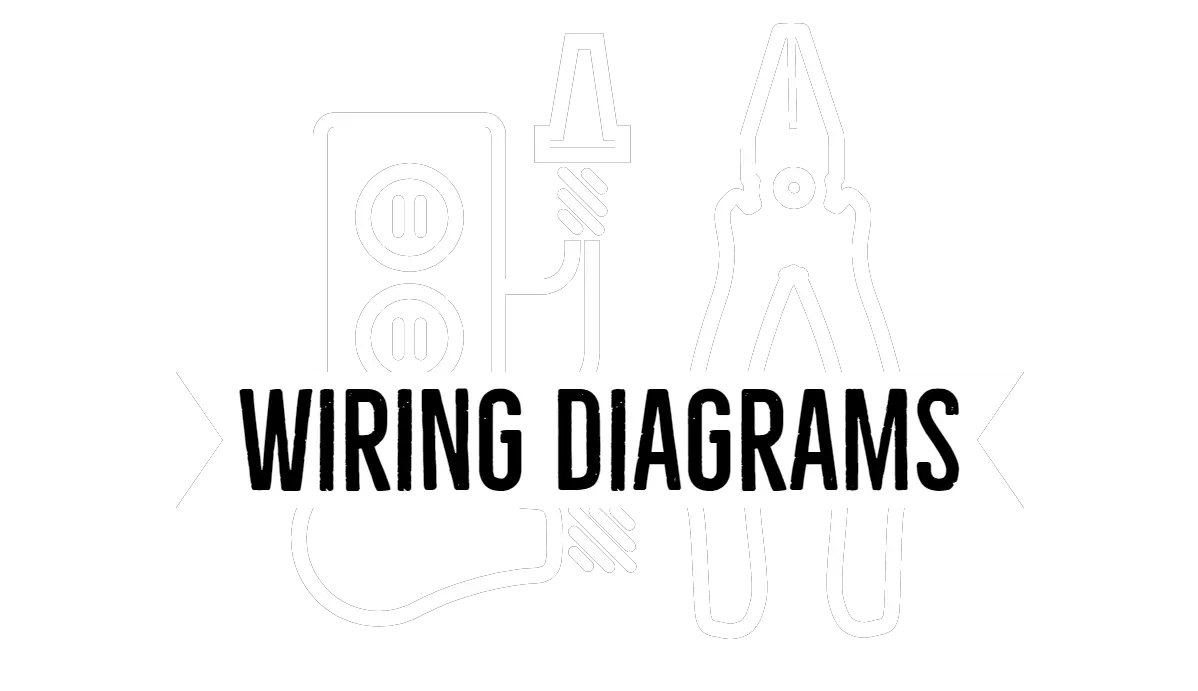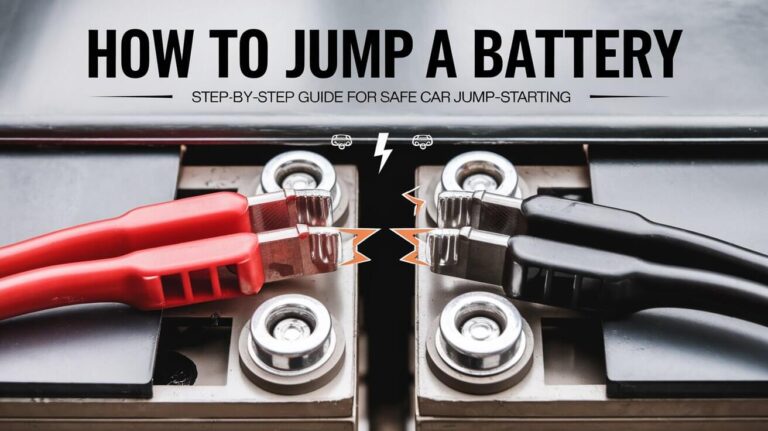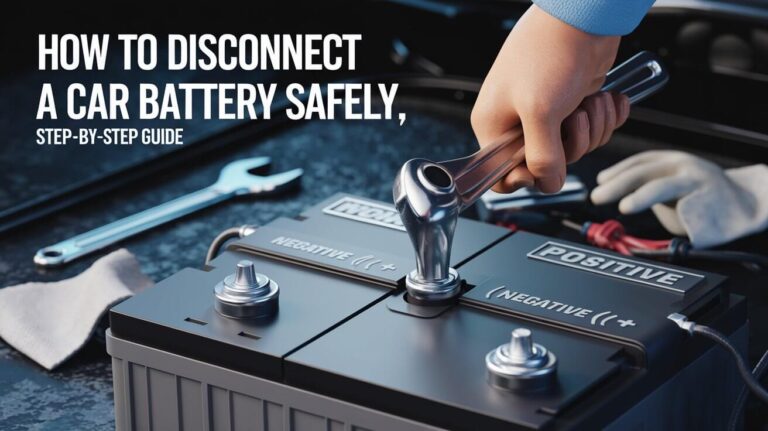How Much Is a Car Battery? Full Breakdown of Costs in 2024

The cost of a car battery can vary significantly depending on several factors, including the type of battery, brand, and where you purchase it. On average, the price of a car battery ranges between $185 and $400, though high-performance or specialized batteries can cost even more. In this article, we’ll break down everything you need to know about car battery prices, factors that influence the cost, and tips on saving money when replacing your battery.
Types of Car Batteries and Their Impact on Price
The type of car battery you need plays a significant role in determining the price. Here are the most common types of batteries and their cost ranges.
Flooded Lead-Acid Batteries
Flooded lead-acid batteries are the most common and affordable type. They are often used in traditional gasoline-powered vehicles and are ideal for vehicles with low energy demands. These batteries are typically priced between $185 and $300. Although they are cheaper, they may not last as long as some premium alternatives.
Absorbed Glass Mat (AGM) Batteries
AGM batteries are becoming increasingly popular in modern vehicles. These batteries provide more power and have a longer lifespan than traditional lead-acid batteries. This makes them ideal for vehicles with numerous electronic components and systems that demand higher power. Due to their enhanced performance, AGM batteries usually cost more, ranging from $250 to $400. Despite the higher upfront cost, their longevity and reliability make them a good investment for many car owners.
Lithium-Ion Batteries
Lithium-ion batteries are commonly found in electric and hybrid vehicles. They are lighter, more efficient, and can hold a charge longer than other battery types. However, they are significantly more expensive, with prices sometimes exceeding $1,000, depending on the model and capacity. If you drive an electric vehicle (EV), replacing your battery will typically be one of your biggest maintenance costs.
Factors Influencing Car Battery Cost
Several factors influence how much you’ll pay for a car battery. Here’s a detailed breakdown of the key elements that determine the final price.
Battery Size and Group Size
The physical dimensions of a battery—its group size—play an essential role in its price. Larger batteries, which are required for vehicles with larger engines or more electrical systems, tend to cost more. Group size also dictates the battery’s terminal locations and configurations, and rarer group sizes may carry a premium.
Cold Cranking Amps (CCA)
Cold Cranking Amps (CCA) measure a battery’s ability to start your vehicle in cold weather. If you live in a colder climate, you’ll likely need a battery with a higher CCA rating. Batteries with higher CCA ratings are typically more expensive, but they offer better performance in extreme conditions.
Reserve Capacity (RC)
Reserve capacity refers to the number of minutes a fully charged battery can supply a vehicle’s electrical needs without the alternator working. A higher reserve capacity ensures that your car will have enough power to run its electrical systems in case of an alternator failure. Batteries with a higher RC tend to be more expensive.
Material and Labor Costs
The production cost of car batteries has been increasing due to the rising cost of lead, plastic, and labor. Many car batteries are still manufactured in the United States, and higher labor costs have driven up prices in recent years. If you’re buying a U.S.-made battery, you may notice this reflected in the price.
Vehicle Requirements
Some vehicles require specialized batteries, like deep-cycle batteries, which are designed to deliver consistent power over a longer period. These batteries are often found in vehicles with additional electronic accessories, such as hydraulic systems or plug-in electronics. Deep-cycle batteries are more expensive than regular starting, lighting, and ignition (SLI) batteries.
Warranty
Battery warranties also influence the price. A battery with a longer warranty may cost more upfront, but it can save you money in the long run if you need a replacement within the warranty period. Premium brands often offer extended warranties, and these batteries tend to come at a higher cost.
Where to Buy a Car Battery
Where you purchase your battery can also impact the final price. Here’s a comparison of the most common places to buy car batteries.
Retailers and Auto Parts Stores
Retailers like AutoZone, Walmart, and Costco offer a wide range of car batteries at various price points. Walmart, for example, has more affordable options starting at around $85 for basic models. Auto parts stores like AutoZone may have a broader selection of premium batteries, which can cost upwards of $300.
Online Retailers
Buying online from sites like Amazon gives you access to competitive prices and customer reviews. However, the tradeoff is that you won’t have installation services included, which might cost extra if you need professional help.
Dealerships vs. Independent Mechanics
Dealerships typically charge more for both batteries and installation, with additional labor costs between $50 and $100. Independent mechanics might offer lower installation costs, but it’s always a good idea to shop around for the best deal.
Installation Costs: Dealerships vs. DIY
When replacing your car battery, you can either have a professional install it or do it yourself. Here’s how each option compares.
Dealership Installation Costs
Dealerships often charge premium prices for both the battery and installation. On average, you can expect to pay between $50 and $100 in labor costs alone. While dealerships provide the advantage of specialized knowledge and warranties, they tend to be more expensive.
Do-It-Yourself Installation
If you’re handy with tools, you can save on labor costs by installing the battery yourself. Most car batteries are relatively easy to replace, and the process can be done in under 30 minutes. However, if you’re not confident in your skills, it’s best to leave the installation to a professional to avoid potential damage to your vehicle’s electrical system.
How Long Does a Car Battery Last?
The lifespan of a car battery depends on various factors, including driving habits, climate, and battery type. Most car batteries last between 3 and 5 years, though AGM batteries can sometimes last up to 7 years.
Signs Your Battery Is Failing
It’s essential to replace your battery before it completely dies. Here are a few common signs that your battery is nearing the end of its life:
- Slow engine crank: If your engine takes longer to start, it could be a sign that your battery is weak.
- Dim headlights: Dimming headlights or flickering interior lights can indicate that the battery isn’t supplying enough power.
- Dashboard warning light: Many modern vehicles have a battery warning light that will come on when the battery is struggling to hold a charge.
How to Choose the Right Car Battery
Choosing the right battery involves more than just picking one that fits your vehicle. Here’s what you should consider:
Matching Battery Specifications
Make sure the new battery matches your vehicle’s specifications for group size, cold cranking amps (CCA), and reserve capacity (RC). You can usually find these details in your vehicle’s owner manual or on the label of your current battery.
Warranty Considerations
Opt for a battery with a longer warranty, even if it costs a bit more. A longer warranty can save you from having to buy another battery sooner than expected. Be sure to read the warranty details carefully, as coverage can vary from one manufacturer to another.
Additional Costs: Core Charges and Disposal Fees
When buying a new battery, you may encounter extra charges, such as core fees and disposal fees.
Core Charges
Most retailers will charge a core fee when you buy a new battery. This fee is refunded when you return your old battery for recycling. Core charges typically range from $10 to $20.
Disposal and Recycling
It’s important to dispose of your old battery properly. Many auto parts stores and recycling centers accept used car batteries and will recycle them responsibly. Improper disposal of batteries can harm the environment, so make sure you follow local guidelines.
How to Save Money When Buying a Car Battery
Although car batteries can be expensive, there are ways to save money when buying a replacement. Here are a few tips:
Look for Sales and Coupons
Many retailers offer discounts and coupons on car batteries throughout the year. For instance, Batteries Plus regularly runs promotions that can help you save on your purchase.
Use a Warranty to Your Advantage
While a battery with a longer warranty may have a higher upfront cost, it can save you money in the long run if the battery fails prematurely.
Consider DIY Installation
If you feel confident in your ability to replace the battery, doing it yourself can save you $50-$100 in labor costs.
Future Trends: Electric Vehicle (EV) Battery Costs
As electric vehicles become more popular, EV battery prices are a significant factor in their overall cost. Electric vehicle batteries can range from $1,000 to $15,000, depending on the make and model of the car. Although EV battery costs are much higher than traditional car batteries, advancements in battery technology may help lower these prices in the future.
Battery Recycling and Sustainability
The growing importance of battery recycling is another factor that could influence future battery costs. As manufacturers develop more sustainable practices, we may see a reduction in the cost of materials and production, ultimately leading to more affordable car batteries.
Conclusion
Car batteries are an essential component of any vehicle, and the cost can vary widely depending on several factors. The price of a car battery in 2024 generally falls between $185 and $400, but high-performance options can exceed $1,000. By understanding the types of batteries available and the factors that affect their cost, you can make an informed decision and possibly save money on your next battery replacement.
With proper maintenance and care, a good car battery can last 3 to 5 years,so you can avoid unnecessary replacement costs and downtime.


